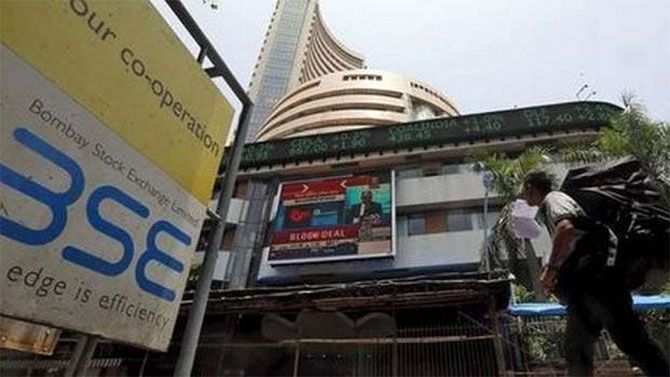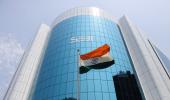The stock exchange BSE has called off the merger of its unit at the Gujarat International Finance Tec-City International Financial Services Centre (GIFT IFSC), India International Exchange (India INX), with NSE International Exchange (NSE IX), a similar unit floated by rival National Stock Exchange (NSE), according to sources familiar with the development.

BSE and NSE had been in discussions for the merger for over a year, but it has yielded no results, they said.
“Merger discussions were at a preliminary stage. Since it’s taking long with no end in sight, it was decided to focus elsewhere,” said a source with direct knowledge.
On queries sent to BSE, the spokesperson said that the merger discussions are being discontinued.
Email queries sent to NSE remained unanswered until the time of going to press.
The proposed merger had come as a surprise, as both bourses fight fiercely when it comes to onshore equities trading.
However, the push for the merger is said to have come from the government and policymakers with the intention of putting up a united front at the fledgling GIFT IFSC.
The move could have prevented the fragmentation of liquidity between the two exchanges.
Last year, regulatory officials of the International Financial Services Centres Authority (IFSCA) indicated that the merger between the two exchanges would be completed within 2023-24.
Sundararaman Ramamurthy, chief executive officer and managing director of BSE, had earlier indicated that the exchange might go solo in IFSC in an earnings call earlier this month.
“We want this exchange to flourish and do very well. Yes, we are also taking note of the fact that the volumes are dwindling.
"We are going to develop our efforts to do whatever best we can in the interest of the nation, whereby GIFT City continues to flourish and grow and most volumes come into the exchanges and give a breather for life.
"We are at it, and we will be working on it,” he said in the call, answering queries on the merger.
The merger is being called off at a time when the GIFT City unified regulator, IFSCA, plans measures to facilitate direct listing at the exchanges and boost participation.
The international exchanges offer trading for nearly 22 hours to cater to an audience across the globe.
Volumes on NSE’s IFSC unit rose significantly after the migration of Nifty derivatives contracts from the Singapore Exchange in July last year under the ‘connect’ programme.
GIFT Nifty recorded an all-time high monthly turnover of $82 billion in April, surpassing its previous record of $78 billion in February.
NSE IX is fully owned by NSE, the country’s largest bourse.
BSE’s IFSC unit, India INX, has four key shareholders.
BSE owns 61.93 per cent of India INX, while State Bank of India and ICICI Bank hold close to 10 per cent each, and GVFL another 6.4 per cent, as of 2022-23.
Sources said there were disagreements on the swap ratio and how much each of the stakeholders would end up holding in the merged entity.
Both India INX and NSE IFSC commenced operations in 2017 and offer trading in global securities, equity, commodities, and currency derivatives, as well as the listing of debt securities such as masala bonds and green bonds.
In January, the government permitted the direct listing of domestic companies on the international exchanges in GIFT IFSC.
The move will enable startups and other domestic companies to access the global market and raise capital in foreign currency through GIFT City.
A 21-member committee chaired by T V Mohandas Pai, former chief financial officer and board member of Infosys, is working on the road map for the same.
IFSCA also hosted a conference in Bengaluru earlier this month to encourage startups to list there.












 © 2025
© 2025